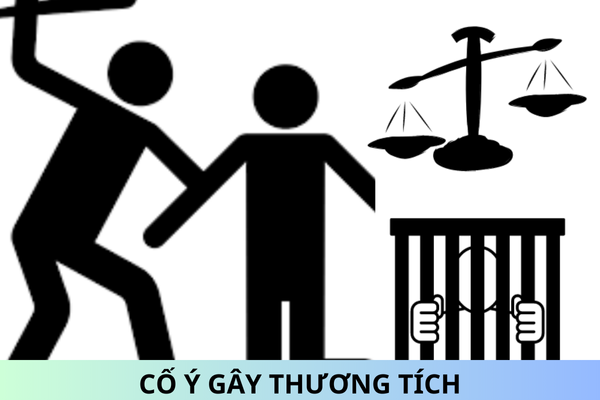What are the contents of the indictment?
What is an indictment?
According to current regulations, an indictment is a legal document prepared by the Prosecutor's Office that asserts the prosecution of the defendant in court for trial. The indictment must be delivered to the defendant and included in the case file. It is the prosecutor's decision to prosecute the defendant before the court. The indictment must be based on the investigation report to clearly state: the date, time, month, year, and location of the crime; who committed the crime, their modus operandi, purpose, the consequences of the crime, and other important details; evidence confirming the defendant's crime, aggravating and mitigating circumstances; the defendant's background and other relevant details regarding the case. The conclusion of the indictment specifies the criminal charges and the articles of the Criminal Code applied. The indictment must be delivered to the defendant.
Content of the indictment
The content of the indictment is stipulated in Article 243 of the Criminal Procedure Code 2015 (effective from January 1, 2018). Accordingly:
The Prosecutor's Office decides to prosecute the defendant before the Court through an indictment.
The indictment clearly states the criminal behavior; evidence confirming the defendant's criminal acts, modus operandi, motives, criminal intentions, nature, and extent of damage caused by the criminal act; the application, modification, or cancellation of preventive measures, coercive measures; aggravating and mitigating criminal responsibility circumstances, the personal characteristics of the defendant; the seizure, temporary seizure of documents, items, and the handling of exhibits; causes and conditions leading to the criminal act and other relevant details to the case.
The conclusion part of the indictment specifies the crime and the article, clause, and point of the Criminal Code applied.
The indictment must specify the date, month, year of the issuance; full name, position, and signature of the person who issued the indictment.
Thus, based on the above regulations, we see that the indictment is a document of the Prosecutor's Office that contains the basis for prosecuting the defendant before the court. In general, the following points need attention:
Firstly, the Prosecutor's Office is the only body granted by current law the authority to issue an indictment.
Secondly, the subject of the indictment: is the illegal acts of the defendant.
Thirdly, regarding the content, the indictment must be based on the investigative conclusion, clearly stating:
- Basic information of the indictment such as: Time: date, month, year of the incident; Location: where the crime occurred; Subject: who committed the crime.
- Content of the indictment:
Modus operandi: whether there were heinous, brutal methods, etc.
Criminal intent: whether due to personal vendetta or material gain, etc.
Consequences of the crime: this is a fundamental and particularly important sign to determine if a person is guilty according to the legal regulations.
Other important details such as the personal relationship of the defendant, accomplices, etc.
Evidence: exhibits, documents, etc. that confirm the defendant's crime.
Aggravating and mitigating details
The defendant's background: family background, relationship with local residents, any criminal record, etc.
- Conclusion. The conclusion part of the indictment needs to specify:
Crime: name of the crime.
Articles of the Criminal Code applied
Finally, the indictment must be delivered to the defendant: the main subject of the trial.
Thus, we understand that the indictment is the decision of the prosecuting agency, clearly stating the characteristics and nature of the illegal behavior leading to the conclusion that the defendant is guilty, to ensure the correctness of the legal regulations.
Above is the advisory content regarding the content of the indictment. For a more detailed understanding of this issue, please refer to the Criminal Procedure Code 2015.
Sincerely!










